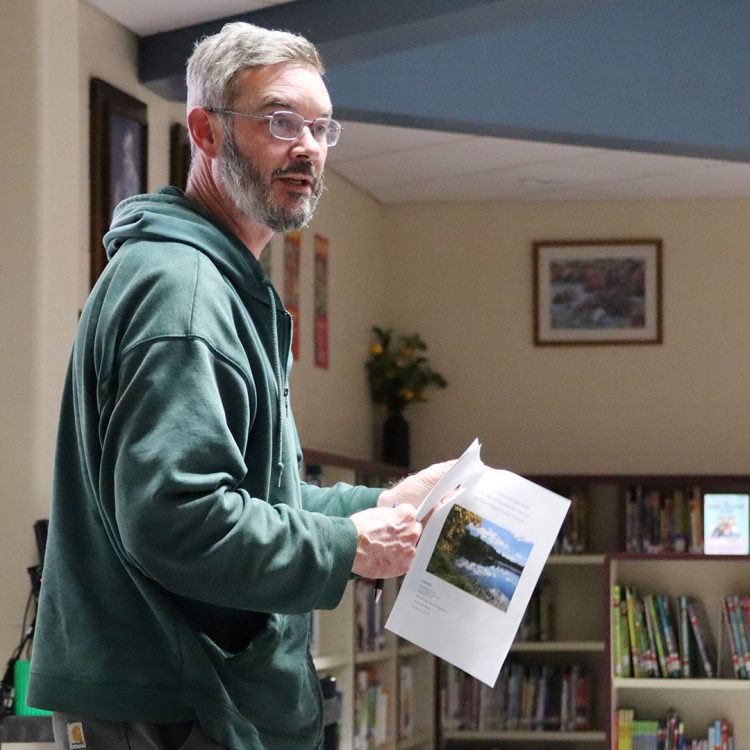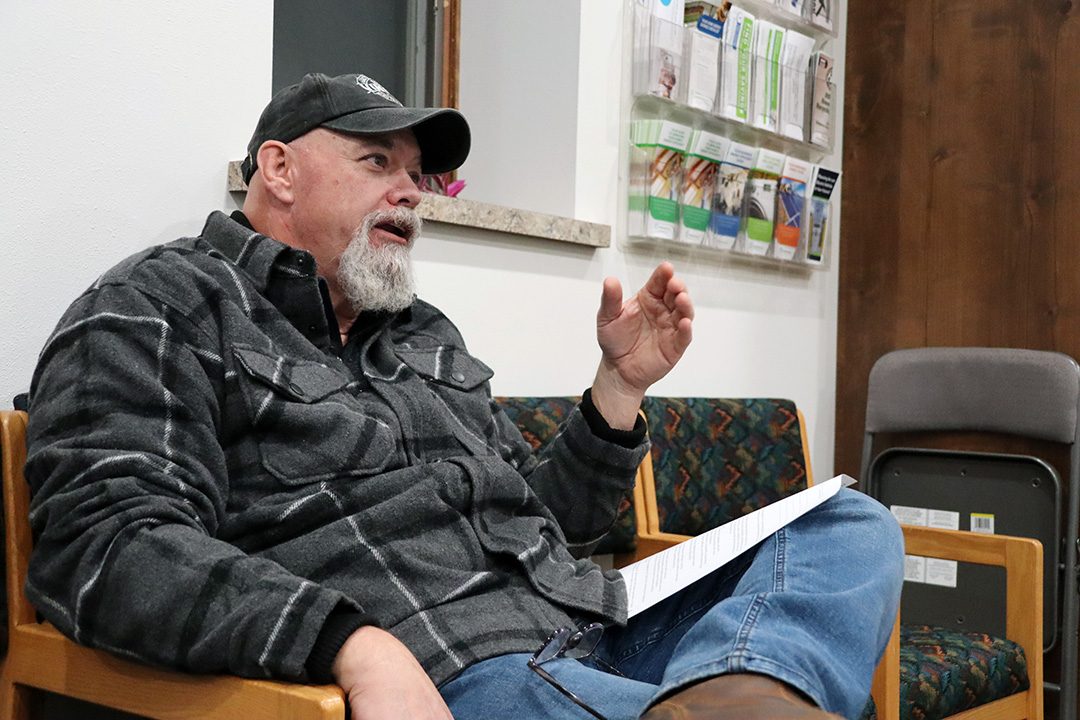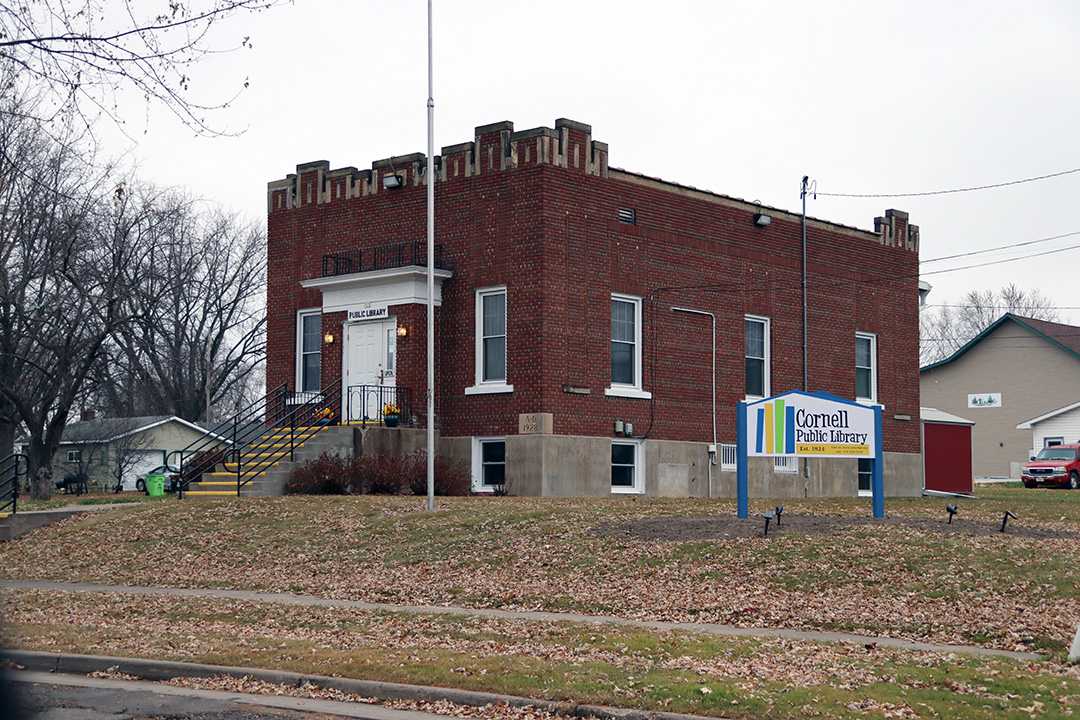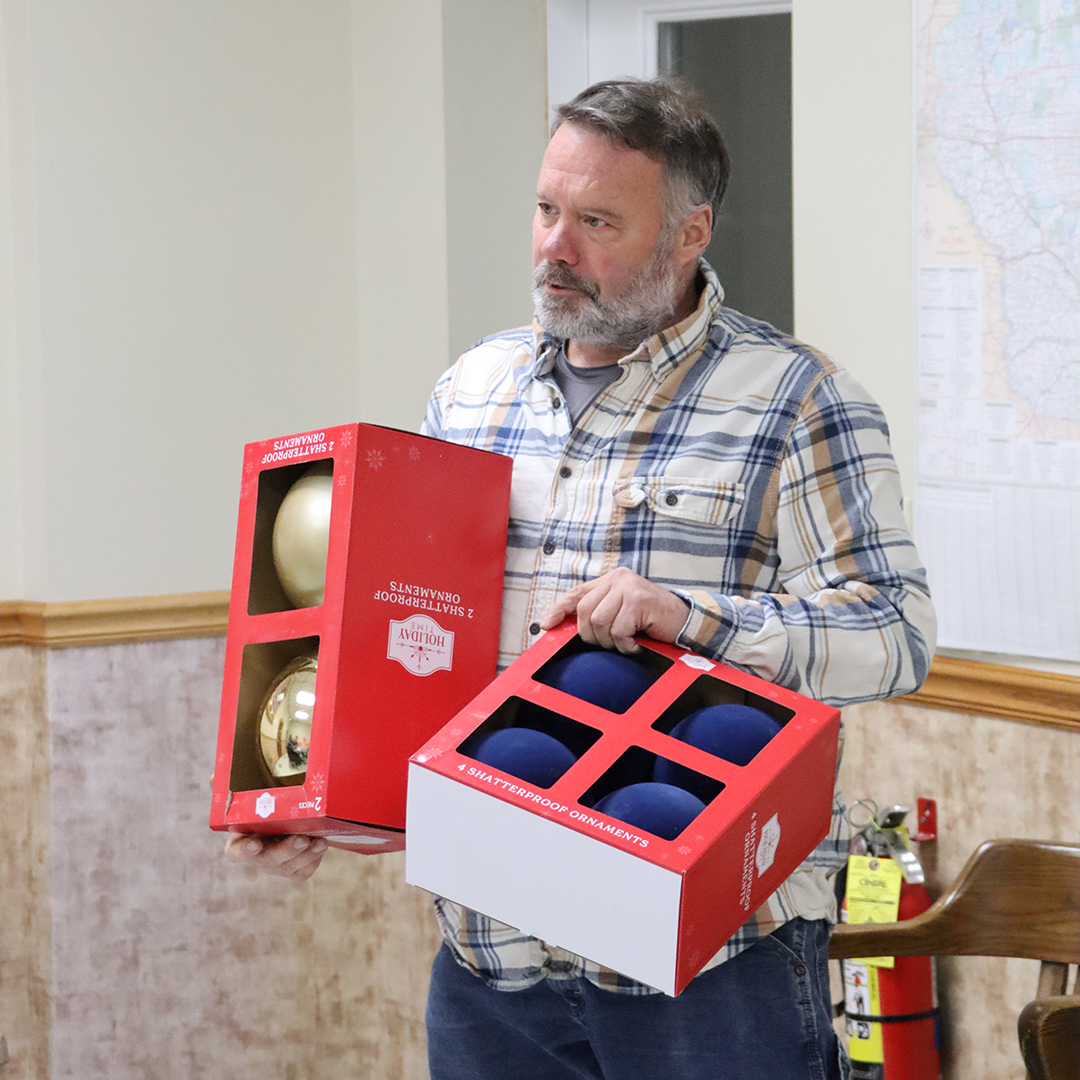Trail acquisition won’t make taxes go as high as thought


Chippewa County Forest administrator Matt Hansen has new numbers on tax impacts to the school districts of Cornell, sharing those findings Nov. 25. Hansen was originally led to bel...






